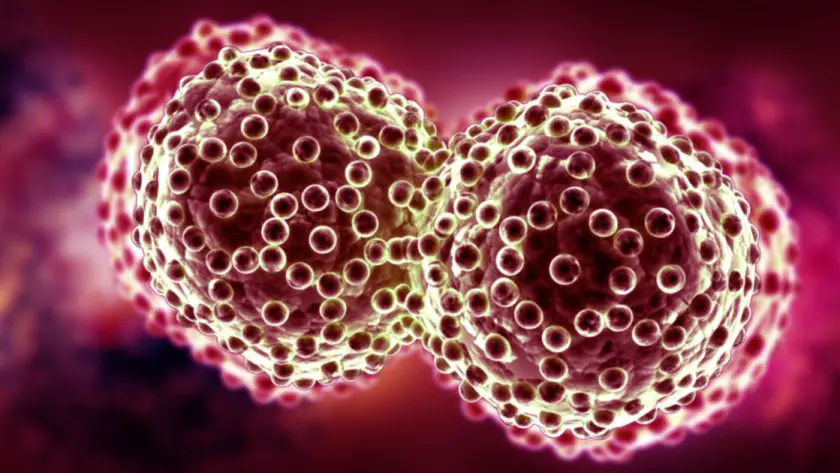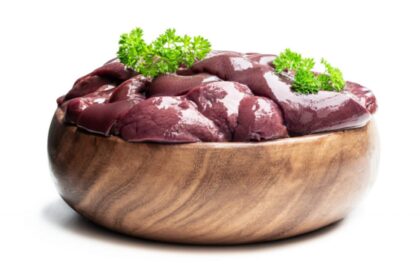Colon cancer is one of the most common and deadly forms of cancer worldwide, yet it is also one of the most preventable through diet and lifestyle choices. While many people focus on general health improvements, one of the most overlooked strategies for colon cancer prevention is consuming the right foods, particularly those rich in fiber and essential nutrients. In this article, we will explore the top overlooked foods that can help protect against colon cancer, focusing on fiber, magnesium, vitamin D, calcium, omega-3 fatty acids, polyphenols, and probiotics.
1. Fiber: The Colon’s Best Friend
Fiber is the single most important nutrient for colon health, yet most people do not consume enough of it. Dietary fiber helps move food through the digestive tract efficiently, reducing the amount of time that harmful substances are in contact with the colon lining. Fiber also supports the gut microbiome by feeding beneficial bacteria, which produce short-chain fatty acids (SCFAs) like butyrate that have anti-inflammatory and anti-cancer properties.
Best Sources of Fiber:
- Vegetables: Broccoli, Brussels sprouts, carrots, and sweet potatoes.
- Fruits: Apples, pears, bananas, and berries.
- Legumes: Lentils, black beans, chickpeas, and peas.
- Seeds: Flaxseeds, chia seeds, and sunflower seeds.
Consuming a diet rich in fiber can help regulate digestion, prevent constipation, and reduce the risk of colorectal cancer by promoting a healthy gut environment.
2. Magnesium: The Overlooked Mineral
Magnesium plays a crucial role in over 300 enzymatic processes in the body, including those involved in DNA repair and cell function. Low magnesium levels have been associated with a higher risk of colorectal cancer. This mineral helps regulate cellular proliferation and inflammation, two key factors in cancer development.
Best Sources of Magnesium:
- Dark leafy greens: Spinach, Swiss chard.
- Nuts and seeds: Almonds, pumpkin seeds, and cashews.
- Whole grains: Brown rice, quinoa, and whole wheat.
- Avocados and bananas.
Ensuring adequate magnesium intake may significantly contribute to colon cancer prevention by reducing oxidative stress and supporting cellular health.
Recommended Reading: There Are 6 Different Forms Of Magnesium And How They Work Differently in Your Body (and which YOU Need now)
3. Vitamin D: The Sunshine Nutrient
Vitamin D has been extensively studied for its role in cancer prevention, particularly colorectal cancer. It supports immune function, regulates inflammation, and promotes healthy cell differentiation. Research has shown that individuals with higher levels of vitamin D have a lower risk of developing colon cancer.
Best Sources of Vitamin D:
- Sunlight exposure: The most natural way to produce vitamin D is through direct sun exposure.
- Fatty fish: Salmon, mackerel, and sardines.
- Egg yolks and mushrooms.
- Cod liver oil and fortified dairy or plant-based milks.
Maintaining optimal vitamin D levels through diet, supplementation, and sun exposure is crucial for colon health and overall well-being.
4. Calcium: More Than Just Bone Health
Calcium is well known for its role in bone health, but it also plays a critical role in colon cancer prevention. Calcium binds to bile acids and fatty acids in the digestive tract, reducing their ability to irritate the colon lining and cause damage over time.
Best Sources of Calcium:
- Leafy greens: Collard greens, and bok choy, romaine.
- Dairy products: Yogurt, cheese, and milk.
- Sardines and salmon with bones.
A diet rich in calcium helps protect the colon lining, reducing the risk of inflammation and abnormal cell growth.
5. Omega-3 Fatty Acids: Anti-Inflammatory Protection
Omega-3 fatty acids have powerful anti-inflammatory properties that may help lower the risk of colon cancer. Chronic inflammation in the gut can contribute to the development of cancerous cells, and omega-3s help modulate inflammatory responses.
Best Sources of Omega-3s:
- Fatty fish: Wild salmon, sardines, and mackerel.
- Plant-based sources: Flaxseeds, chia seeds, and walnuts.
- Algal oil (for those following a plant-based diet).
Incorporating more omega-3s into the diet can help regulate inflammation, improve gut health, and reduce cancer risk.
A fish roe supplement from Paleovalley is a great source of Fish Roe. Click here to visit and get 15% off!
6. Polyphenols & Antioxidants: Cellular Defense Against Cancer
Polyphenols are plant-based compounds with antioxidant and anti-inflammatory properties that help protect against DNA damage and cancer growth. Studies suggest that diets rich in polyphenols can lower the risk of colon cancer.
Best Sources of Polyphenols:
- Green tea (rich in EGCG, a powerful anti-cancer compound).
- Turmeric (contains curcumin, known for its cancer-fighting properties).
I get my turmeric from Omica Organics, it’s the highest curcumin (and lowest heavy metal) turmeric that I have found. Click here to visit and use the discount code: healthywildfree to get 10% your order. - Berries: Blueberries, strawberries, and blackberries.
- Cruciferous vegetables: Broccoli, cauliflower, and Brussels sprouts.
- Dark chocolate (70% cocoa or higher).
Including a variety of polyphenol-rich foods in the diet can provide broad-spectrum protection against cancer.
7. Probiotics & Prebiotics: Gut Microbiome Support
A healthy gut microbiome is essential for preventing colon cancer. Probiotics are beneficial bacteria that help maintain gut health, while prebiotics are fiber-rich foods that feed these good bacteria.
Best Sources of Probiotics:
- Fermented foods: Yogurt, kefir, sauerkraut, kimchi, and miso.
- Kombucha: A fermented tea rich in probiotics.
Best Sources of Prebiotics:
- Garlic, onions, and leeks.
- Asparagus and bananas.
- Whole grains and legumes.
A diet that supports a balanced gut microbiome can enhance immune function, reduce inflammation, and protect against colon cancer.
Final Thoughts
Colon cancer is largely preventable with the right dietary choices. Prioritizing fiber-rich foods, magnesium, vitamin D, calcium, omega-3s, polyphenols, and probiotics can significantly reduce the risk of developing this disease. Many of these foods are often overlooked, yet they offer powerful protective benefits. By incorporating more of these nutrient-dense options into daily meals, individuals can take proactive steps toward long-term colon health and cancer prevention.
Taking control of one’s diet today could be the key to a healthier future, free from colon cancer.
Click here to visit Echo Hydrogen water, I use this water bottle to add hydrogen to my routine every single day. This link will give you 10% off.. Enjoy!
Recommended Reading: The One Vegetable That Eats Up Excess Sugar in The Body – Include This Vegetable in Your Diet To Prevent Diabetes, Cancer, Dementia & More




